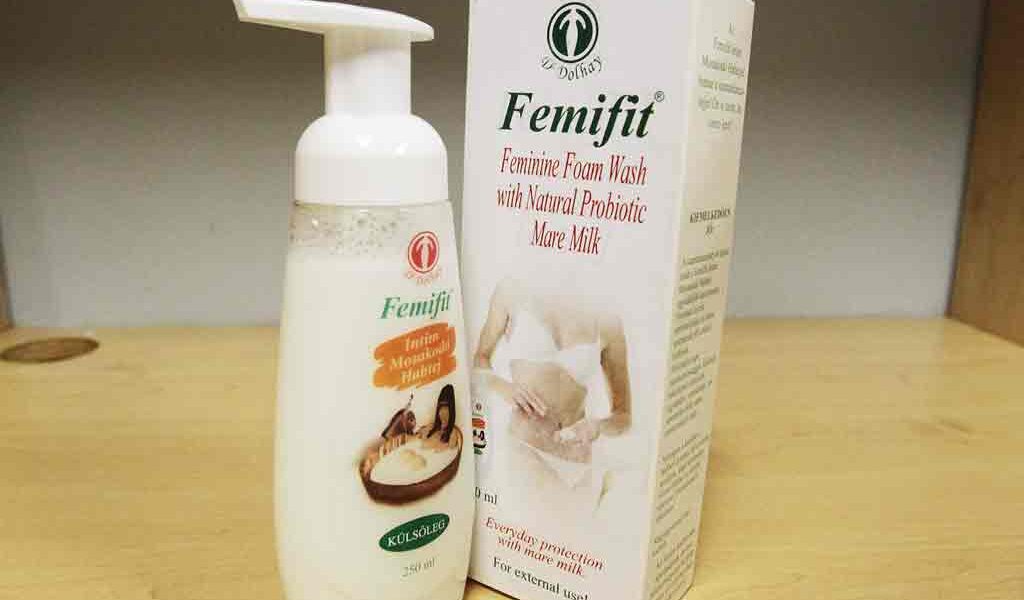- Vagina cleansing products embraced despite experts warning against it
- Studies show vaginal soap products may cause serious health problems
KAGO KOMANE
Lately, it seems everyone who is ‘anybody’ is trying to get into this newly found market to treat women’s intimate parts. I might have missed the memo that warned of the degradation of the vagina because even with advice from experts from the health sector who have repeatedly warned against using such products especially those that are not regulated by the industry watchdogs, the market for these seems to be growing at an unexpected rate.
With the growing allure of feminine hygiene products, there is a lot of these products on offer to apparently help ease women’s healthiness but experts say some of these products end up causing more harm than good. From wipes and sprays to deodorants and specially formulated shower gels, there are many brands that offer these products to keep the vagina clean, some of which have not even been approved for use.
Just a few weeks ago there were reports of a locally produced donkey milk soap which was said to have attracted the interest of a lot of women in Francistown. This soap reported to be capable of restoring virginity and to remove bacteria which causes unpleasant discharges.
Last week, even The Botswana Gazette carried yet another revelation about a feminine soap apparently also produced from horse milk to cleanse and optimize the PH value of women’s intimate areas, the instructions on the soap claimed that it will not only hydrate and nourish one’s intimate area but will help to reverse its aging process. This is despite the fact that even though women were buying it, the product had not been approved for pharmaceutical sale by any local regulating authority.
The Ministry of Health and Wellness has since warned against such products in the market and cautioned against their use. According to the ministry, for a product to be approved it has to go through the ministry for testing and analysis to determine if the provided specifications comply with set regulatory standards. Unfortunately, some of these products skip this stage and go straight to the market, which is not only illegal but puts a lot of women at risk.
Research also shows that the vagina has its own cluster of bacteria to help protect it. “It actually contains more bacteria than any other part of your body, except our bowels, but there has to be a balance of good and bad. Lactobacilli helps keep the pH balance at less than 4.5. If the pH increases and becomes less acidic, the vagina can be prone to infections, including bacterial vaginosis or thrush.”
Botswana Family Welfare Association (BOFWA) has also warned women to stay away from such products to prevent adverse effects. “The vagina self-cleans which is why it is okay to just wash it with water. When you use all these soaps you end up killing off the bacteria that is supposed to be there that creates the eco-system for the vagina and when you destroy its normal pH then you might experience vaginal dryness and allow yeast and bacterial vaginosis to overgrow, which then creates discomfort and in a lot of cases odor.” BOFWA Service Delivery Nurse Kealeboga Lekgatlhanye says the ministry should do more to take down those products from the market and take the culprits to task.
According to the American Public Health association, studies have shown links between the practice of vaginal douching (intra vaginal cleansing with a liquid solution) and several adverse health outcomes. Some of these adverse health outcomes include pelvic inflammatory disease, bacterial vaginosis, cervical cancer, low-birth weight, preterm birth, sexually transmitted diseases, ectopic pregnancy, recurrent vulvovaginal candidiasis, and infertility.
Douching alters the normal vaginal pH and vaginal flora, weakening the vagina’s natural defenses and creating an environment more susceptible to the overgrowth of pathogens. In addition, the process of inserting fluid intra vaginally can help to push harmful bacteria further up into the reproductive tract.

